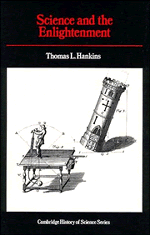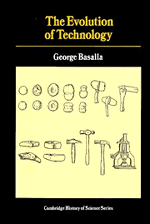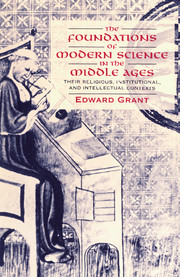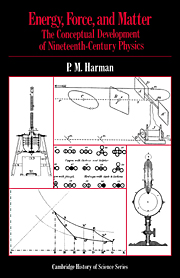4 results in Cambridge Studies in the History of Science

Science and the Enlightenment
-
- Published online:
- 05 February 2015
- Print publication:
- 26 April 1985

The Evolution of Technology
-
- Published online:
- 05 August 2014
- Print publication:
- 24 February 1989

The Foundations of Modern Science in the Middle Ages
- Their Religious, Institutional and Intellectual Contexts
-
- Published online:
- 05 June 2012
- Print publication:
- 13 October 1996

Energy, Force and Matter
- The Conceptual Development of Nineteenth-Century Physics
-
- Published online:
- 22 March 2010
- Print publication:
- 30 April 1982

